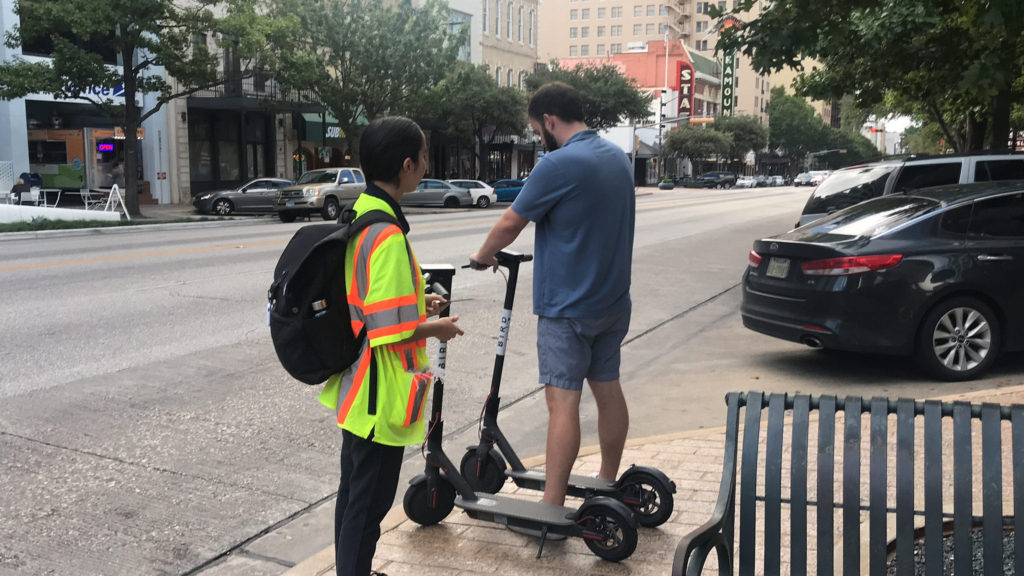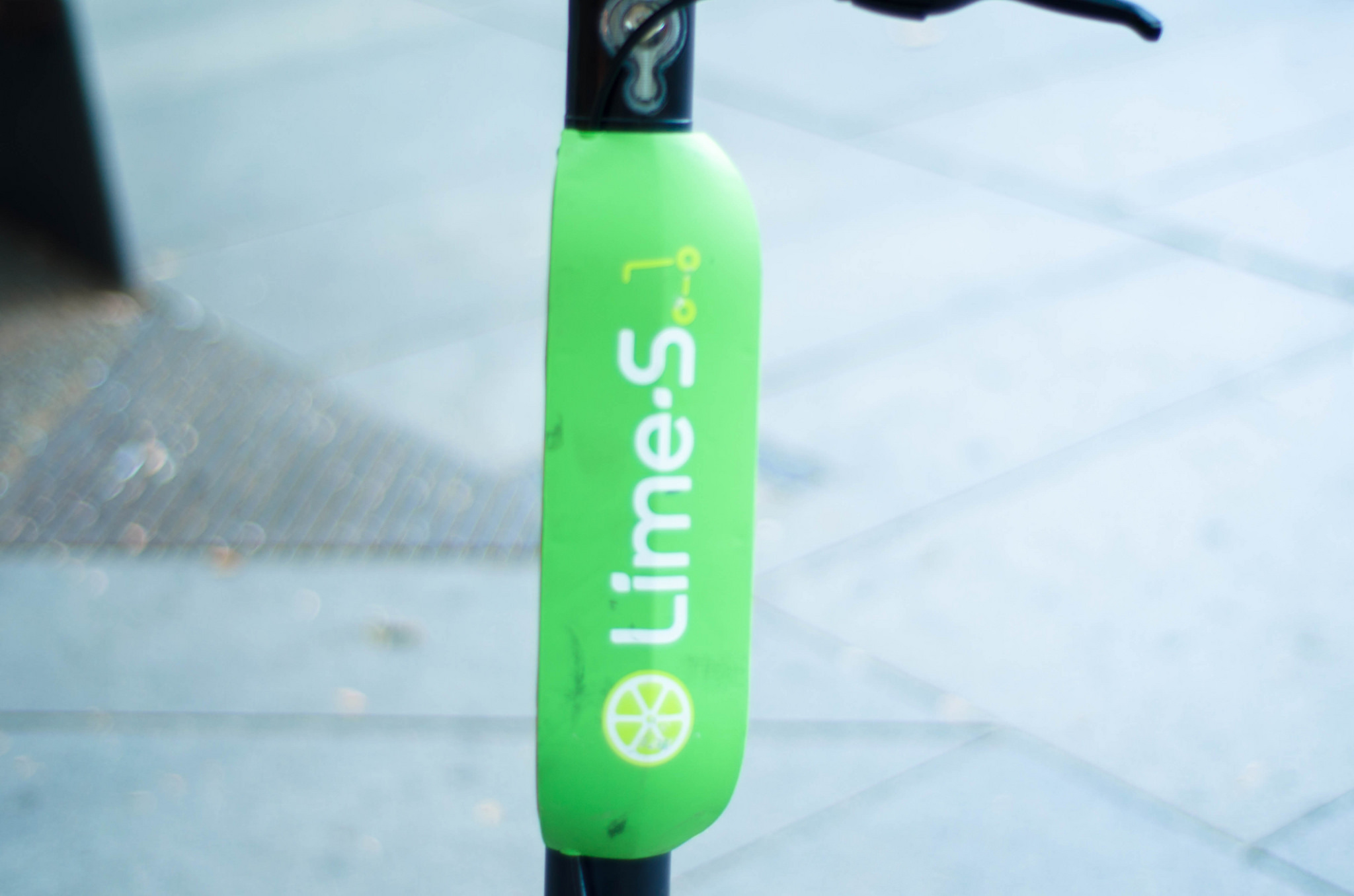After ride-sharing scooters made a disruptive entrance into cities around the Commonwealth over the past year, a bill that sailed through the General Assembly during this year’s legislative session established rules and gives local governments the authority to regulate vendors of dockless, motorized scooters, updating state law regarding their operation.
Apart from bestowing the power to regulate upon municipalities, H.B. 2752, introduced by Delegate Todd Pillion (R-Abingdon), alters the legal definition of motorized skateboards or scooters.
The bill states such a device can now have a seat, removes the maximum power limits providing the device is powered in whole or in part by an electric motor, limits the speed to no more than 20 miles per hour, and dictates that the device must weigh less than 100 pounds.
Motorized skateboards and scooters are also allowed to be driven on sidewalks, requires if they are being ridden on the road to be driven as close to the right curb as is safely practicable (acceptable on the left side of the road if a one-way street), prohibits their operation on any interstate, and requires the operator to use hand signals and have lights on the device.
Those operating motorized skateboards or scooters must also yield the right-of-way to pedestrians, ride no more than two abreast and single file when needed for traffic flow, and that all operators must at least 14 years of age or older unless riding with an operator that is at least 18 years of age.
 Provisions of safety and operating requirements included in the bill will become effective July 1. The section of the bill authorizing localities to regulate ride-sharing scooter companies like Bird Ride and Lime would take effect January 1, 2020. All existing regulations, ordinances, or pilot projects currently implemented by a locality will not be impacted.
Provisions of safety and operating requirements included in the bill will become effective July 1. The section of the bill authorizing localities to regulate ride-sharing scooter companies like Bird Ride and Lime would take effect January 1, 2020. All existing regulations, ordinances, or pilot projects currently implemented by a locality will not be impacted.
In August 2018, dozens of electric scooters were dropped throughout Virginia’s capital city as Bird Ride, an app-based personal transportation service that seeks to be the “Uber of scooters,” launched its second area of service in the Commonwealth. Arlington received around 50 electric scooters earlier in the year to promote a better multi-modal transport system in the Northern Virginia city.
Although Richmonders were scampering about and zipping through the streets and sidewalks with the rental scooters, when City Hall caught wind of it, the fun suddenly stopped. Unfortunately, the California-based company did not inform the city before plopping the scooters on the streets of Richmond, a tactic it has taken in cities across the country that has been met with mixed results.
Richmond officials sent the Department of Public Works (DPW) out to round up the fleeting “unsanctioned” electric scooters, hiding them in a warehouse somewhere the city, according to some residents at the time. By late afternoon on the day the Bird flew into the capital city, there were no scooters left on the streets of Richmond.
Those who were upset by the move took to Twitter showing themselves on a few that had not yet been taken into custody by the city government, with many charging Richmond City Hall with “ruining the fun” and poking too far into private business.
Nevertheless, earlier this month, the Richmond City Council voted 6-3 in favor of regulating dockless scooters and creating a permit program for Bird Ride and other companies, which will be effective in mid-March.
According to a report from NBC 12, a scooter share company must submit a $1,500 permit application fee, which comes with an annual fee of $20,000 to $45,000, depending on the number of scooters in the fleet. A reinstatement fee will cost $2,500. Furthermore, a vendor may not have more than 500 scooters in their fleet, including ones on the road and any impounded.




